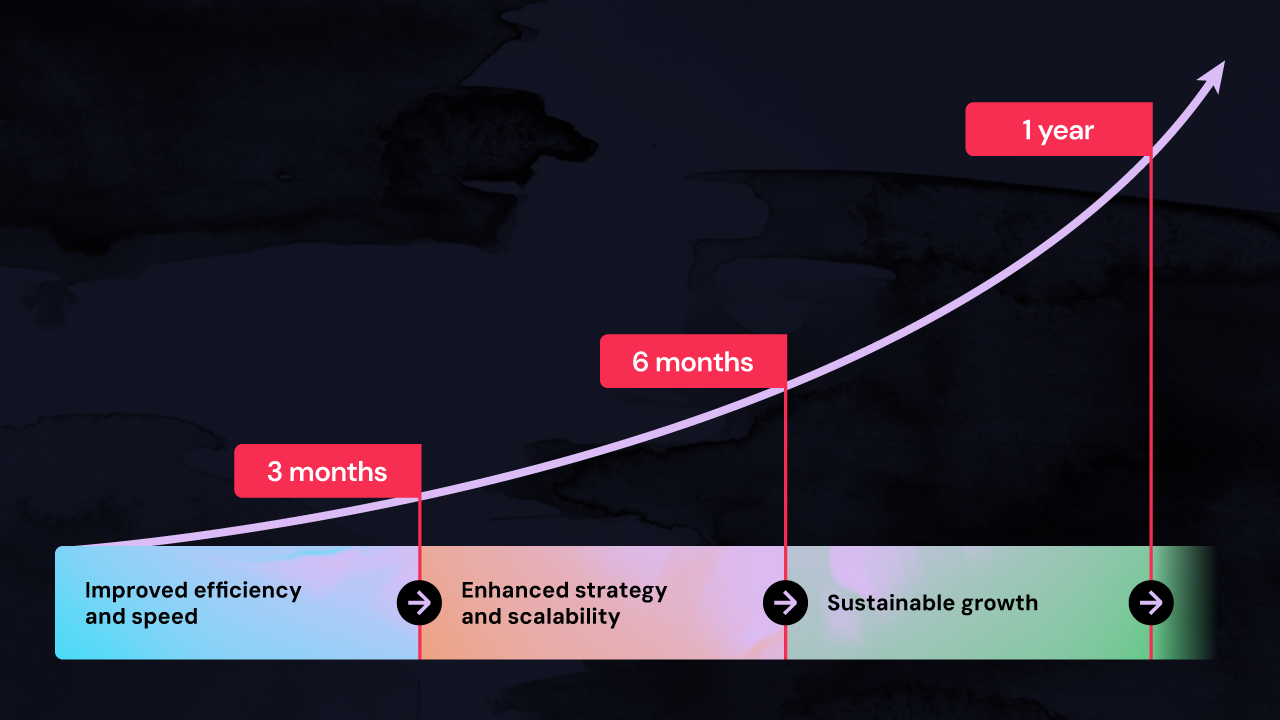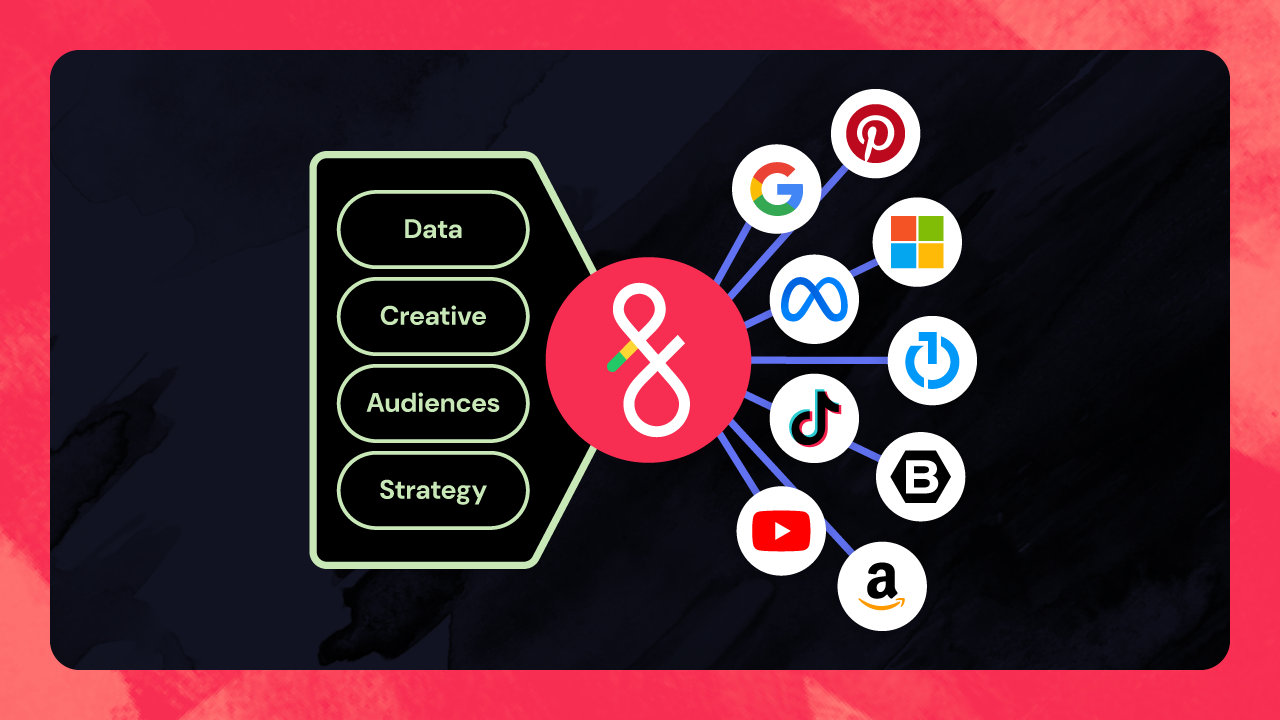If your advertising is simply not performing like it should, the reason is probably not what you think. Most digital marketing agencies will turn to bid management as the first thing to fix, when in reality, it should be the finishing touch. So where do you look to run a large volume, customized, and repeatable ad program with accuracy and efficiency?
The key to success in advertising performance lies in mastering content management. To get a better understanding of where content management intersects with bid management, first we need to explore Google’s mission "To organize the world's information and make it universally accessible and useful." Google has always been focused on delivering the most relevant results to the searcher, a practice that is built into their monetization model through a process called Quality Score. As defined by Google, “Quality Score is an estimate of the quality of your ads, keywords, and landing pages. Higher quality ads can lead to lower prices and better ad positions.” Translation: Google rewards agencies who focus on delivering the most relevant content to their searchers.
Next, we need to explore how Google makes money in Search. At face value, it is easy to assume that Google is selling and monetizing Cost-Per-Click (CPC). Google makes money when someone clicks on the ad, so it is an easy leap to think ‘clicks’ are what drive Google’s revenue, right? Wrong. In reality, Google profits off impressions. (Yes, impressions, even on search!).

Now, before I lose everyone in this article, let me quickly break down of how it is monetizing impressions (indirectly, clicks), that Google attempts to maximize. Let’s explore this through some example math using simple round numbers for our example:
Let’s say that Google is serving up 100 impressions for a specific search on any given day. Company A has a maximum bid of $1 and a click-through-rate (CTR) of 100%, while company B has a max bid of $2 and a CTR of 25%. It is more profitable for Google to run Company A’s more relevant ads, even at half the bid (hence, Google’s emphasis on Quality Score):
The Math 100 Impressions
We get your skepticism: While 100% CTR and 25% CTR are completely unrealistic assumptions; 10% and 2.5% are not. The math above stays the same, but the revenue to Google rests at $10.00 and $5.00 respectively. Google also attempts to protect their user experience by biasing these numbers with their quality scores.
Company - A
Max Bid - $1
CTR - 100%
Revenue $100
Company - B
Max Bid - $2
CTR - 25%
Revenue $50
This is where most digital agencies become misled down the path toward bid management rather than content. While implementing a bid management strategy in the scenario outlined above can technically ‘work’, it is an expensive undertaking that results in worse performance for their clients, which can lead to higher client churn rates.
The bid management platform’s job is to find the bid amount at which it is more profitable for Google to serve Company B’s ads with the same amount of impressions. In the case below, that may cost Company B’s clients over 4x more than Company A’s.
The Math 100 Impressions
Company - A
Max Bid - $1
CTR - 100%
Revenue $100
Company - B
Max Bid - $4
CTR - 25%
Revenue $100.25
While technically the strategy above can result in better placement for Company B’s clients, it comes with a massive overage in cost, and is ultimately a dis-service to the business that will lead to higher client churn.
To this point, the idea of deploying a repeatable and highly specific Content Management strategy across a large volume of (SMB) accounts while remaining profitable has been considered unattainable by most Digital Agencies. For this reason, bid management has served as the primary PPC Strategy foundation for digital marketing agencies servicing a large volume of SMB customers, rather than as the final finesse tool on a foundation of unparalleled content management.
To learn more about how Fluency can unlock content management at scale, contact us.






